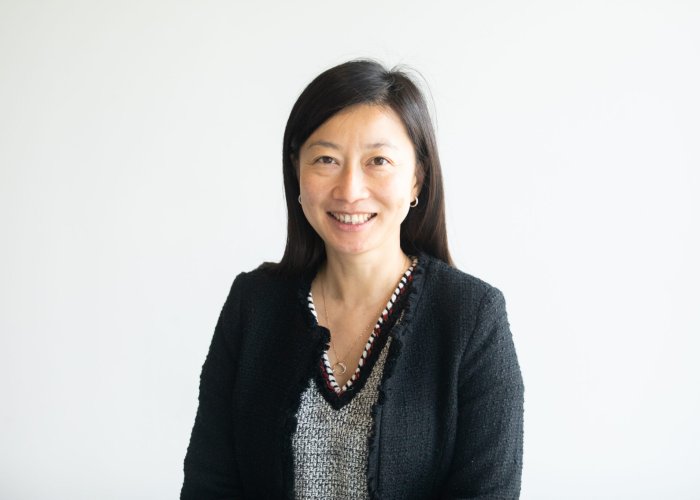This is a guest blog from ELEVATE CJS Project Manager Nola Sterling.
We need to be more nuanced in our thinking to reimagine leadership within the social justice and criminal justice sectors. I use these two as an example because I have worked within these sectors over the last 12 years, and I have seen the power dynamic at play. However, I am aware that these issues are not limited to these sectors.
Our boards should be representative of the beneficiaries they serve. People often perceive having a trustee with lived experience as the ‘right’ thing to do, instead of recognising that homogenous boards don’t deliver the best outcomes.
There is an assumption that individuals with lived expertise are limited in what they can offer. Therefore, lived experience experts are made expendable contributors rather than invaluable ones. Imposter syndrome is a reality for anyone pushing their personal boundaries to develop themselves. But this experience is perpetuated by boardroom practices that do not foster enabling environments or safe spaces.
Boards often lack lived expertise because they are not set up to deliver equity Once new trustees are recruited, we must think about providing equity and examine the processes and practices within our boardrooms and consider whether they create conducive environments for those with lived experience. Where possible, this process should be done with an external consultant who can look at the board objectively and provide recommendations. We need to be willing to take on uncomfortable findings and implement the relevant changes. Some people with lived experience will need to be developed in the role and may require a period of adjustment before they can start making meaningful contributions using their lived experiences. They shouldn’t be rushed and expected to dive straight in.
In the future, I would like to see a range of diversity, thought, expertise and skills on boards. Hopefully, this will produce equal respect and value for trustees with lived experience. Established board members will acknowledge their privilege and use it to make space for less privileged trustees entering the board. We need to flatten the hierarchical structures often present at board level.



